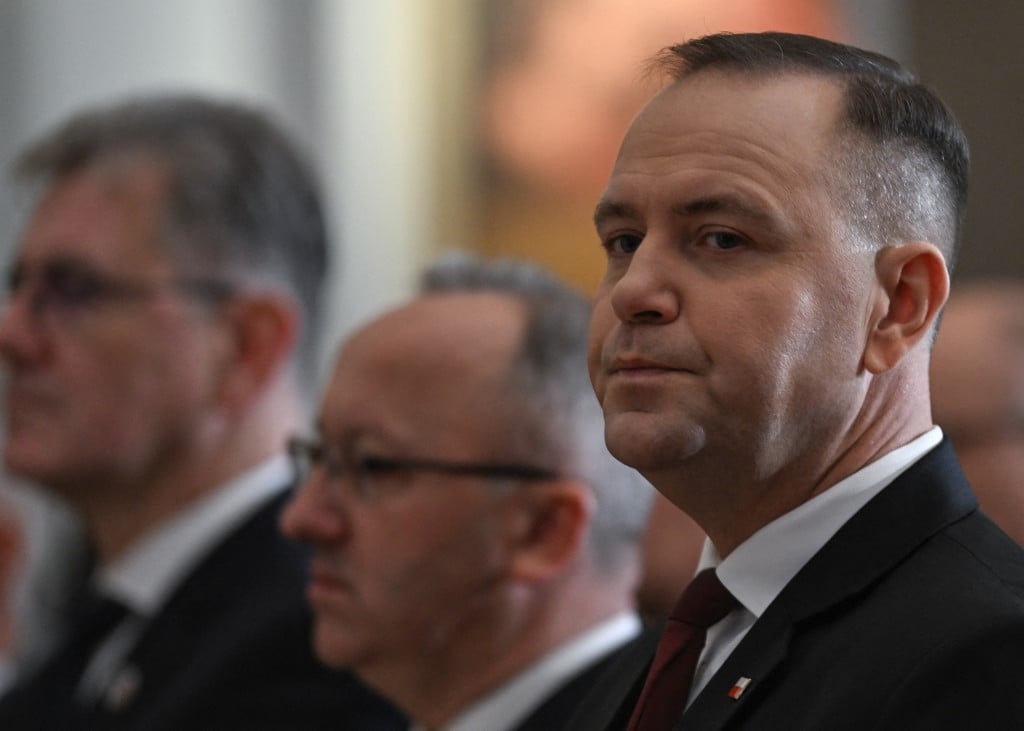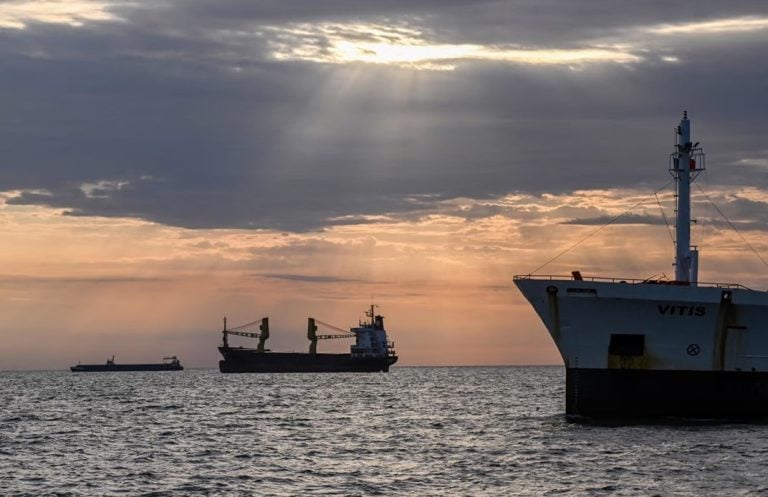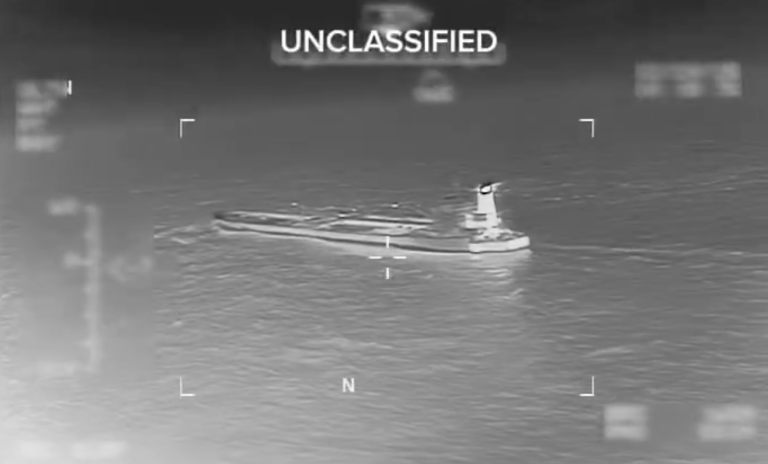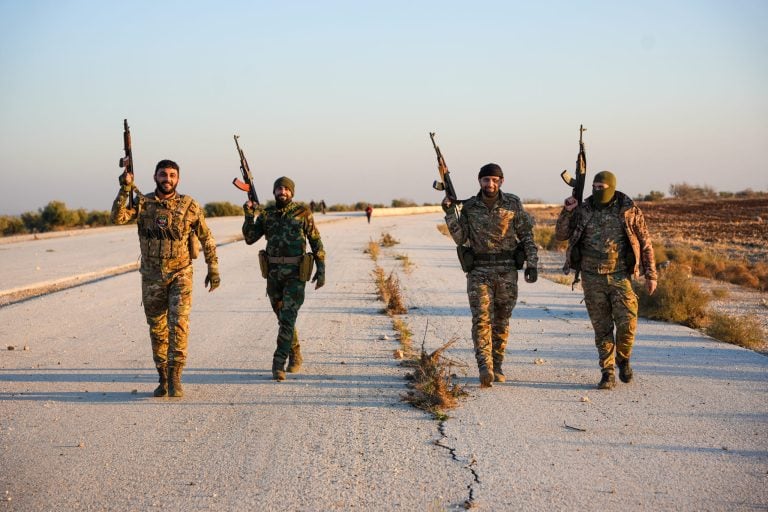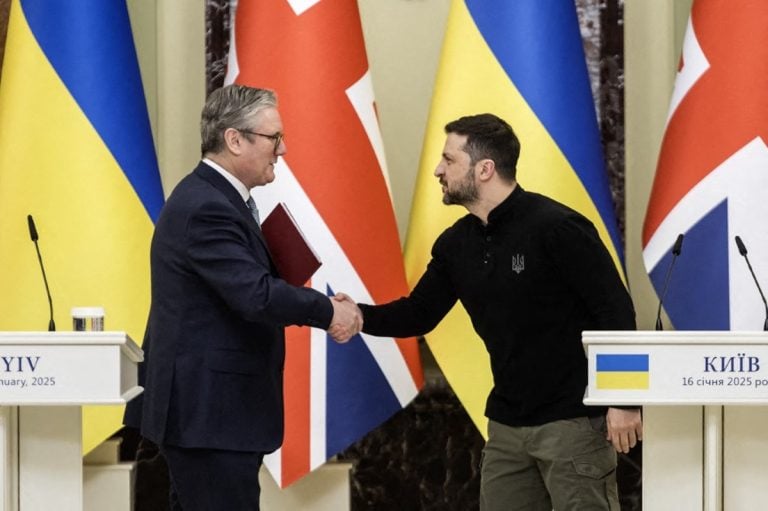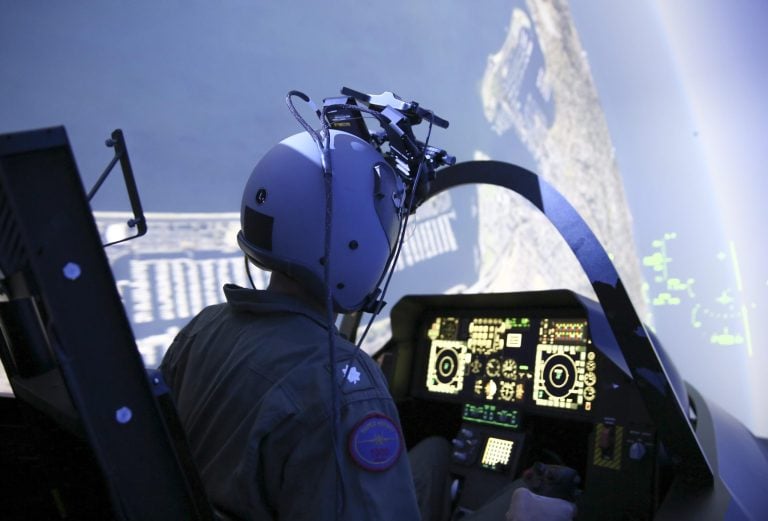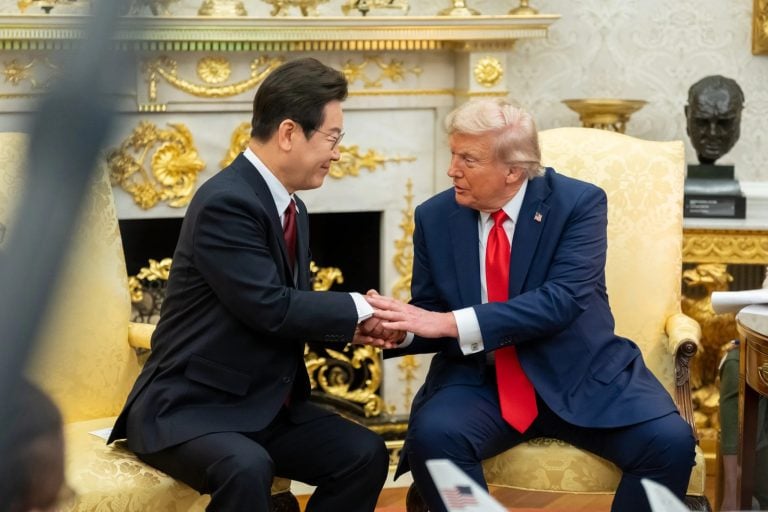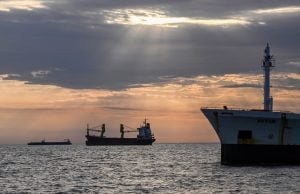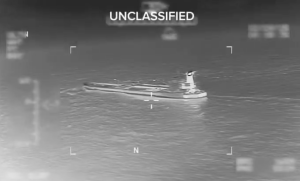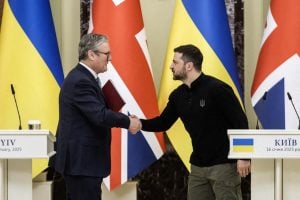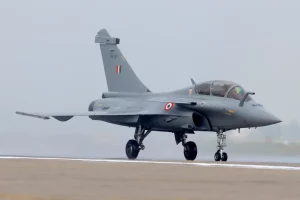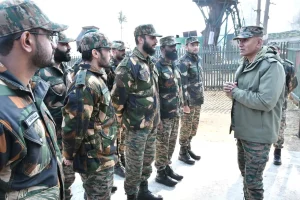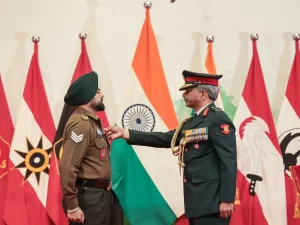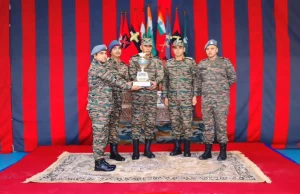Poland’s right-wing nationalist President Karol Nawrocki embarked on a diplomatic mission to Berlin and Paris, focusing on bolstering the nation’s eastern defenses in the wake of a significant Russian drone incursion. The incident, which saw at least 17 drones violate Polish airspace, has heightened concerns about potential aggression from Moscow, prompting Warsaw to seek support from its EU and NATO partners.
Although Russia denied any intentions of targeting Poland, the Polish government asserts that the incident was a deliberate provocation, heightening fears of a broader confrontation between Russia and the West beyond the ongoing tensions in Ukraine. In response to the incursion, Germany announced an extension of its air defense mission in eastern Poland for an additional three months, increasing the number of deployed Eurofighter combat jets from two to four. In conjunction, France committed to sending three Rafale jet fighters to aid Poland.
European backing is particularly crucial for Poland given the recent remarks from U.S. President Donald Trump downplaying the significance of the drone incident, suggesting it may have merely been an accident. Despite Nawrocki’s admiration for Trump, Poland maintains that Russia is testing NATO’s defenses and has called fervently for allied support.
As part of his visit, Nawrocki first met with German President Frank-Walter Steinmeier, followed by discussions with Chancellor Friedrich Merz. A statement from Merz’s deputy spokesman, Sebastian Hille, emphasized Germany’s commitment to supporting Poland against the perceived threat from Russia. In addition to security issues, Nawrocki addressed the topic of German reparations owed to Poland for atrocities committed during World War II. In a post on social media platform X, he highlighted discussions that encompassed both the shared challenges facing the region and Poland’s expectations regarding reparations.
Germany maintains a different position, contending that Poland had renounced any claim for reparations in 1953 under Soviet pressure. The German government reaffirmed this stance ahead of Nawrocki’s visit. This contentious issue places Nawrocki’s administration at odds with the pro-European government of Prime Minister Donald Tusk, further complicating diplomatic relations.
Previously, the right-wing nationalist government estimated Polish wartime losses at approximately 1.3 trillion euros ($1.5 trillion). However, Polish Foreign Minister Radoslaw Sikorski remarked that pursuing financial reparations may be unrealistic, advocating for a pragmatic approach to Polish-German relations.
During a press conference, Nawrocki proposed an alternative solution in which Germany could finance Poland’s military industry and capabilities as a substitute for reparations, suggesting that such support would bolster NATO’s eastern flank amid the current conflict.
Following his discussions in Berlin, Nawrocki proceeded to Paris for meetings with French President Emmanuel Macron. The agenda included not only defense cooperation but also discussions surrounding a free trade agreement between the European Union and Latin America’s Mercosur bloc. Poland has expressed intentions to oppose this agreement, arguing it would have adverse effects on Polish and broader European agriculture, seeking to align with France to advocate for their position.
